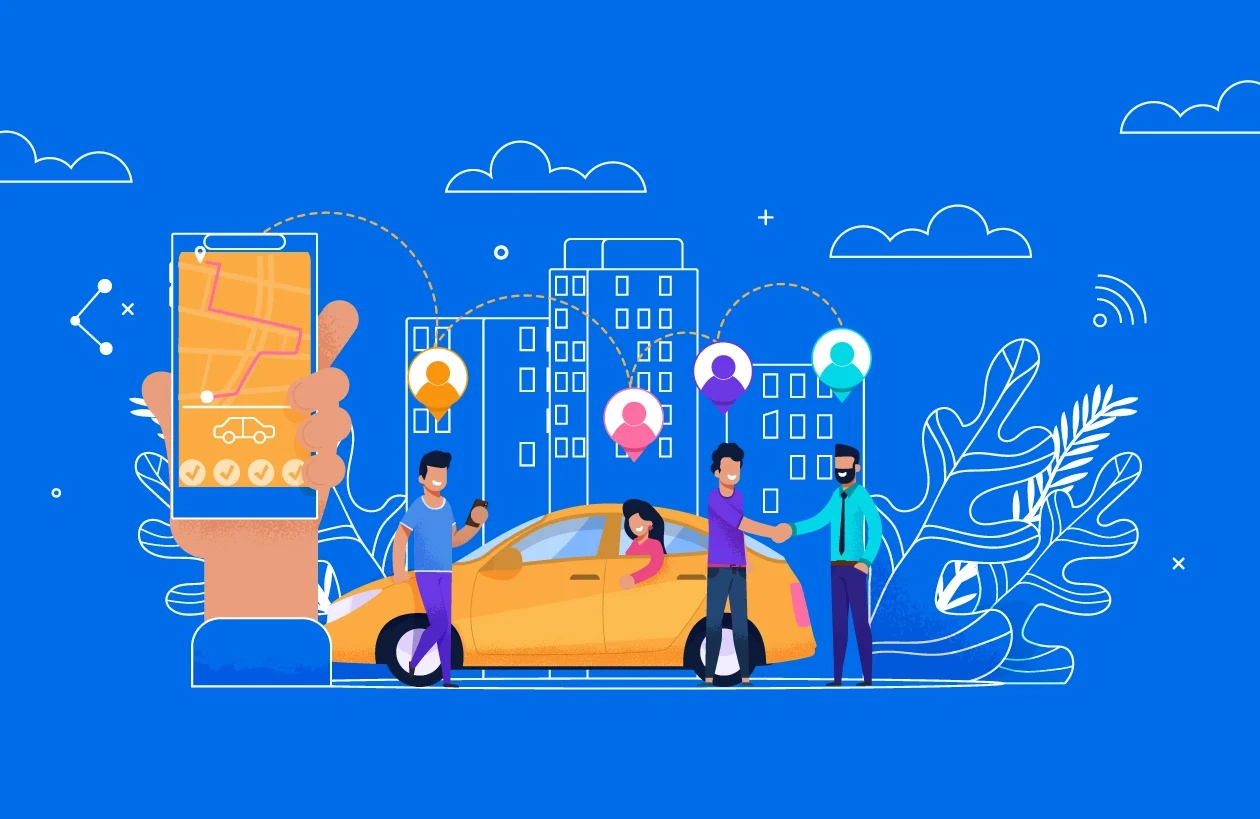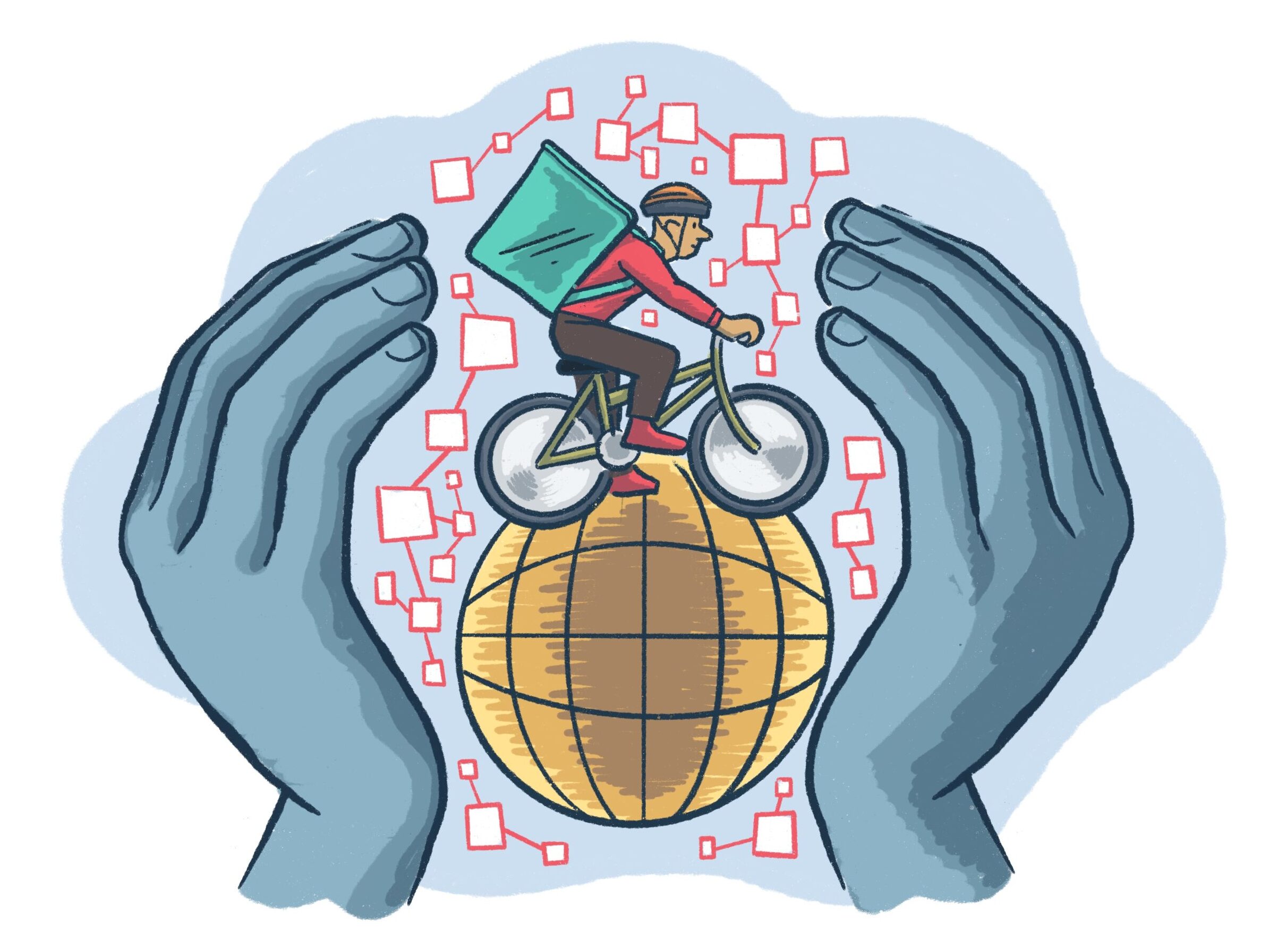
The gig economy is a term used to describe a labor market that relies heavily on temporary and part-time positions filled by independent contractors and freelancers, rather than traditional full-time employees. This type of work is often characterized by its flexibility, allowing individuals to work on their own terms and schedule. The gig economy can benefit workers, businesses, and consumers by making work more adaptable to the needs of the moment and the demand for flexible lifestyles. Freelance and contract work, gigs, and side hustles are growing features of the modern workforce, with individuals from all ages, education levels, and incomes participating.
Examples of gig work include ride-sharing services like Uber and Lyft, food delivery services like DoorDash and Grubhub, and freelance work such as graphic design, writing, and web development. Workers in the gig economy make money by matching with individual clients and completing work, or “gigs,” for those clients to earn their money. Companies connecting workers with these jobs through websites or mobile applications, more commonly known as apps, have become a recent development. The gig economy is a labor market made up of short-term jobs, contracted or freelance work, as opposed to permanent, in-house jobs.
The gig economy offers workers the chance to earn extra income and pursue their passions while also allowing businesses to save money and increase flexibility in their hiring practices. However, it also presents challenges such as lack of job security, benefits, and protections that traditional full-time employees typically receive. Despite these challenges, the gig economy has become an increasingly popular way for individuals to make money and for businesses to access the skills and services they need on a temporary or project basis.
Advantages and disadvantages of the Gig Economy
The Gig Economy, with its emphasis on flexibility and adaptability, has several advantages for both workers and businesses. One of the primary benefits of gig work is the ability to set one’s own schedule and work rates, giving individuals greater control over their work-life balance. Additionally, the gig economy provides opportunities for individuals to earn extra income and balance their career and family needs. For businesses, the ability to hire independent contractors and freelancers on a project-by-project basis can be cost-effective and allow for greater flexibility in meeting changing demands. Overall, the gig economy provides a platform for individuals to monetize their skills and work on their own terms.

However, the Gig Economy also has several disadvantages. One of the major drawbacks is the lack of job security and benefits that come with traditional employment. Gig workers are often classified as independent contractors, which means they are not entitled to benefits such as healthcare, paid leave, or retirement plans. Additionally, the need to constantly find new projects and clients can lead to financial instability and inconsistent income. Furthermore, the lack of regulations and protections for gig workers can lead to exploitation and unfair treatment.
The Gig Economy also has an impact on traditional employment. As more individuals turn to gig work, traditional employment may become less attractive to job seekers, leading to a shift in the labor market. Additionally, the rise of the gig economy has led to debates over employment classification and worker protections. As the gig economy continues to grow, it is important for policymakers and businesses to consider the impact it has on the labor market and how to ensure fair treatment and protections for gig workers.
Navigating the Gig Economy
The gig economy has become a popular way for individuals to earn income through freelance, temporary, or short-term jobs. With the rise of online platforms, it has become easier than ever to find gig work opportunities. There are numerous gig economy jobs available, ranging from driving for ride-sharing services to freelance writing and graphic design. By exploring online job boards and networking with other freelancers, individuals can find and secure gig work opportunities that align with their skills and interests.
Building a successful gig career requires more than just finding work opportunities. It is essential to establish a strong personal brand, build a portfolio of work, and develop a network of clients and contacts. By investing time and effort into marketing oneself and building a reputation as a reliable and skilled freelancer, individuals can increase their earning potential and secure more lucrative gig work opportunities. Additionally, it is essential to continually develop one’s skills and stay up-to-date with industry trends to remain competitive in the gig economy.
While the gig economy offers flexibility and the potential for increased income, it can also be challenging to balance gig work with personal life and financial stability. It is important to develop a budget, establish financial goals, and set boundaries to ensure that gig work does not interfere with personal life or lead to financial instability. By finding a balance between gig work and personal life, individuals can enjoy the benefits of the gig economy while maintaining their overall well-being.





